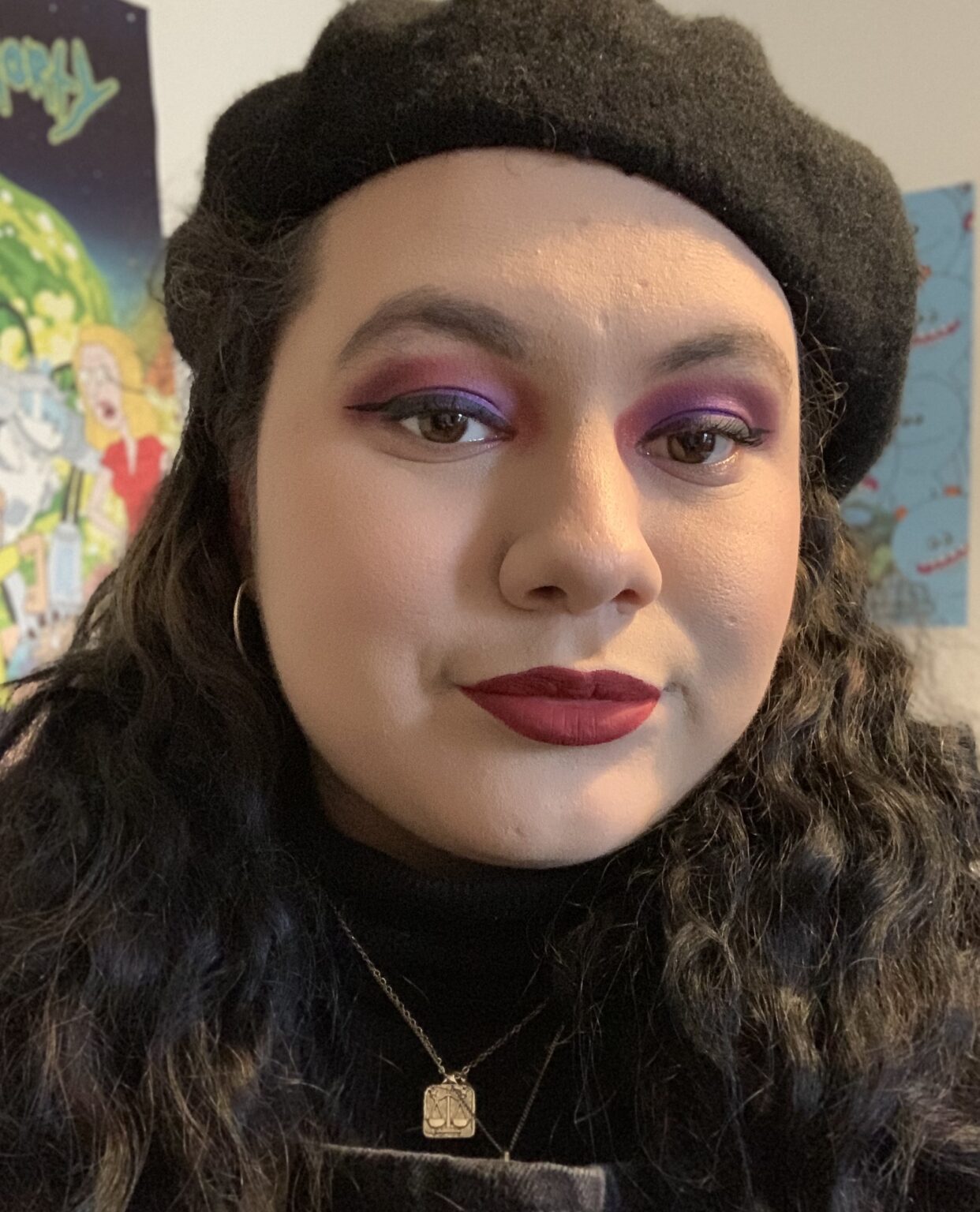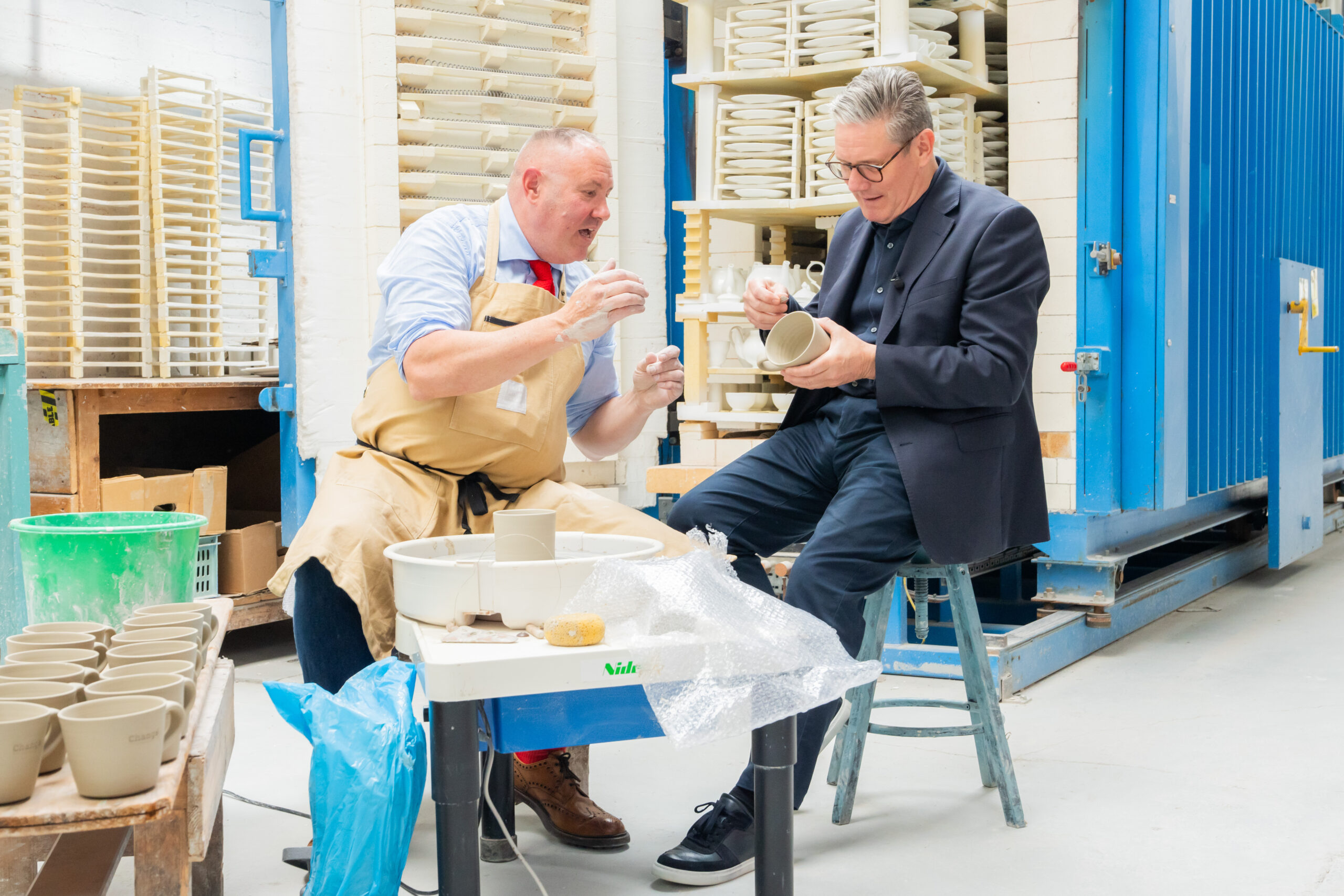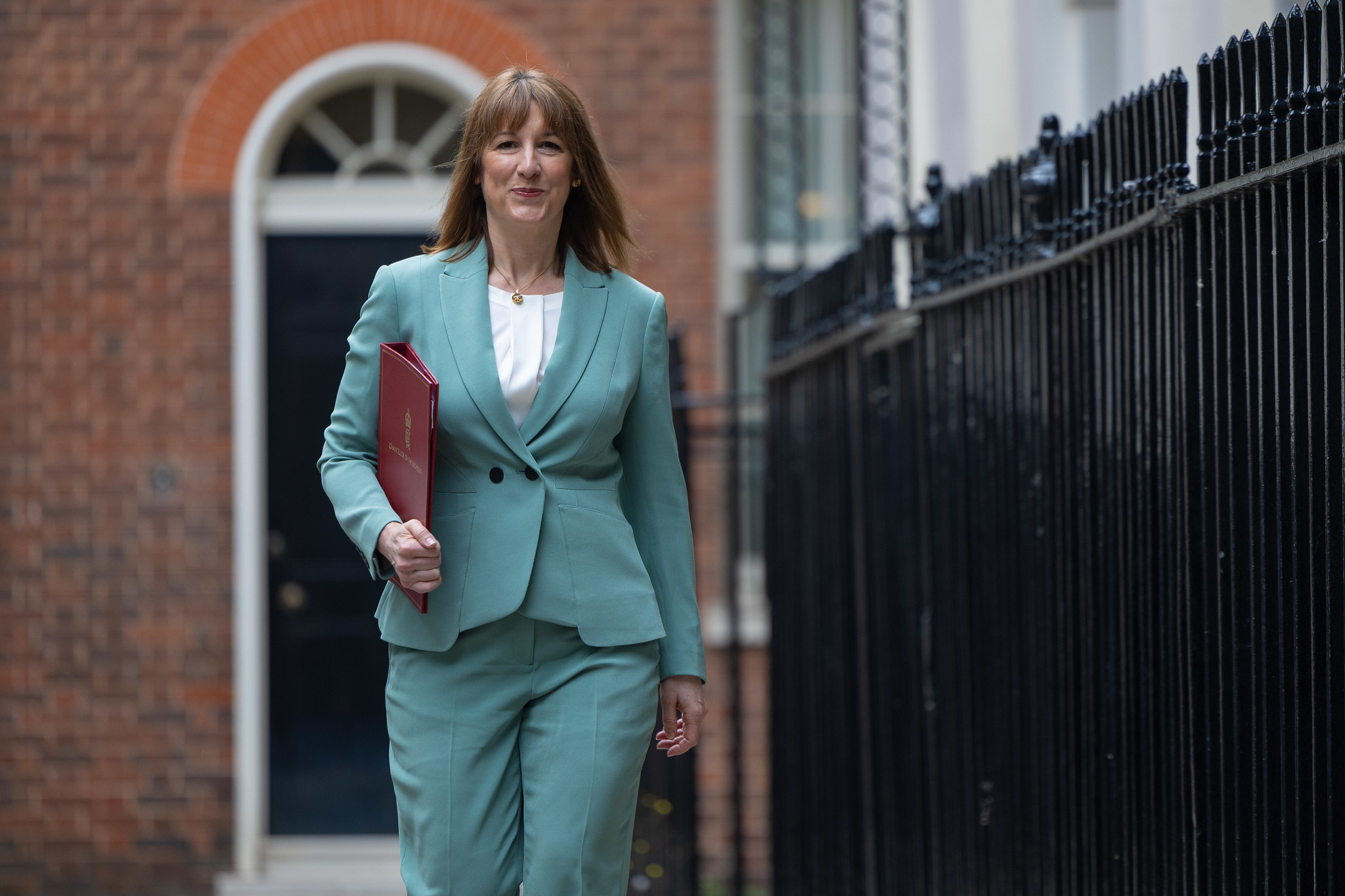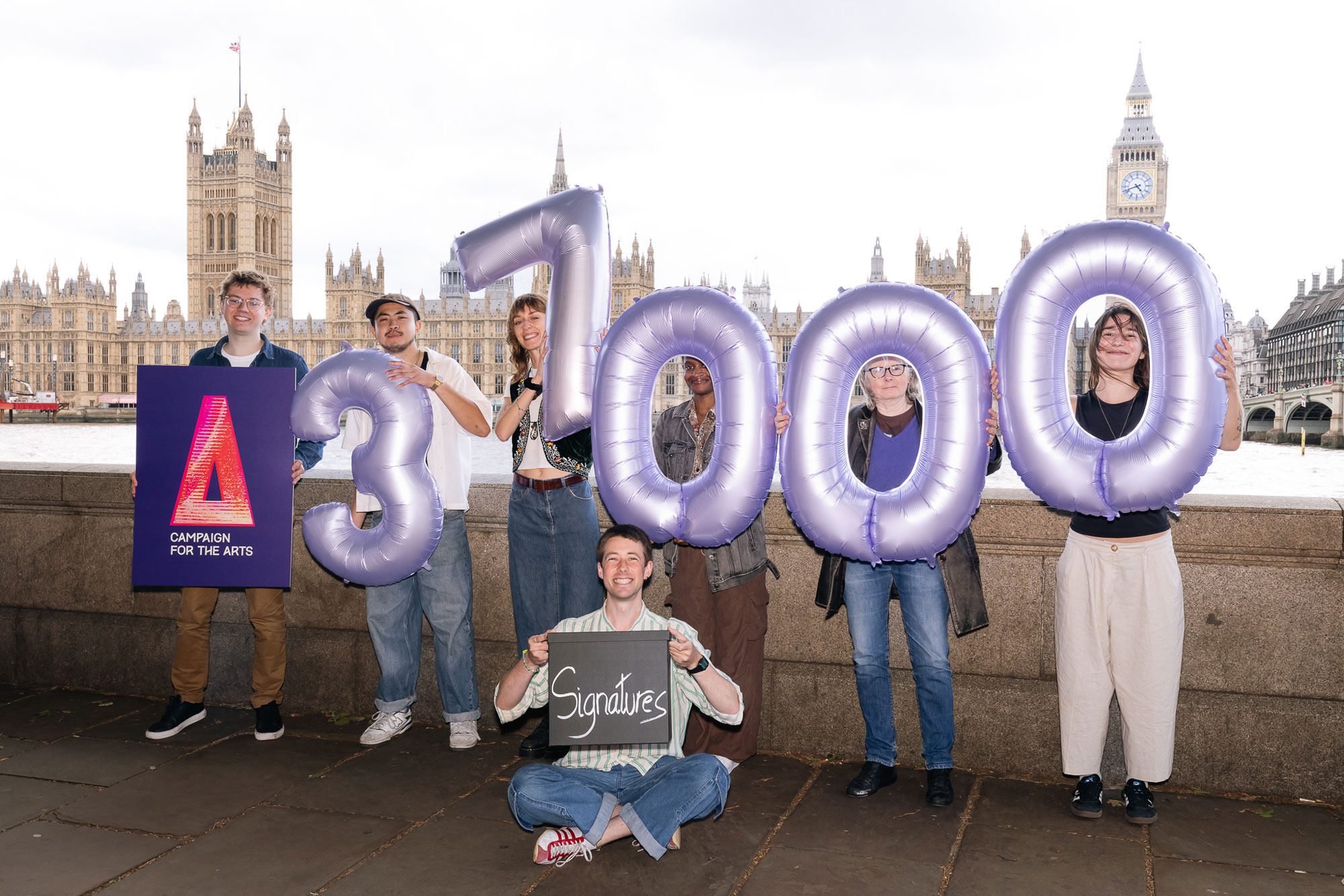In recent years, we have seen art and culture be heavily damaged by the implications of our government’s decrease in funding to the sector over the last 10 years (by 43%). Since 2010 over 800 libraries in the UK and 140 youth clubs in London have closed down and an increased level of unemployment this has led to further austerity.
An austerity we have seen happen with the rise of knife crime, homelessness and poverty.
These factors have an impact on opportunities for future generations. As the focus on STEM programmes increases, this has led to a grave risk – it could lead to the unprecedented death of art.
Last week, I attended a virtual National Campaign for the Arts event called Somewhere Over the Rainbow, an open space where people who work in the arts sector were able to discuss issues within the arts and how access to the arts can be made more equal to everyone, not just the privileged few. This event was also part of the launch of the Arts Index Report for 2007-2018, which gives an overall report of the arts sector, its changes and impact.
In this event, I had an opportunity to talk and debate with other participants such as Lauren Walsh and Michaela Nutt on topics such as economic hardship and diversity in the arts.
In these discussions, we spoke about how freelancers in the arts world have been affected by COVID-19 and how the increased funding cuts has affected them – they are struggling to earn an steady income as the majority of work is required to be in a practical and physical setting. This has caused job losses. The losses have led organisations to use desperate measures to appeal to those with less privilege, whilst at the same time exploiting people within these circumstances, thus not bringing change and inclusivity.
We then also discussed tactics we can use to bring more diversity, equality and fairness to artists and freelancers. One of the ideas that came up was talking to our local councils about using public buildings/spaces for arts workshops/clubs. We then also looked at how countries in Europe such as France have an artist’s salary scheme, which helps artists to have a steady income and how this could be used to help people struggling in the art world.
Overall, I found the event to be thought-provoking as it deeply explored the problems within freelancing but also the hidden factors such as a lack of diversity in the sector for people in disadvantaged backgrounds and how this affects the prospects of artists and freelancers. By making sure government authorities are paying attention to these issues this could help to bring more opportunities for those who don’t have access to such programmes, creating a fairer and more equal world in the arts.



